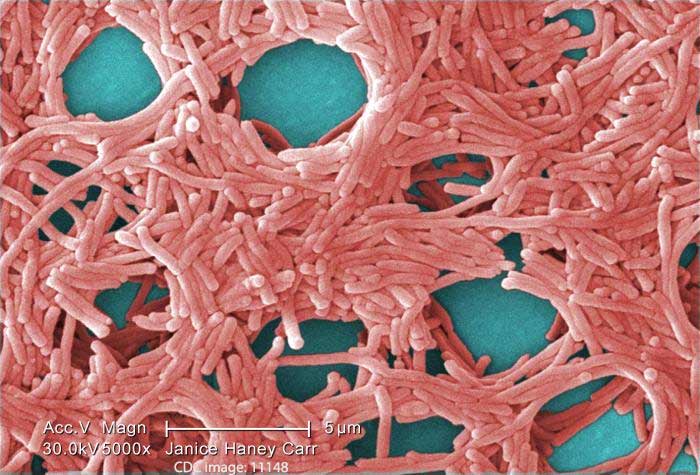Hannibal, Missouri’s Best Western on the River has been allowed to reopen an older wing closed in November following a Legionnaires’ disease outbreak that sickened 3 guests – one of whom later died.

After Missouri’s Department of Health and Senior Services (M-DHSS) pinpointed the hotel as the common link between the three cases, Centers for Disease Control epidemiologists collected 40 water samples from the facility for testing. This confirmed that the potentially deadly Legionella pneumonia bacteria was present in 4 of the hotel’s 79 guest rooms. The three confirmed victims of Legionnaires’ disease had stayed at the hotel over the course of the previous eight months.
Legionnaires’ disease is a severe form of pneumonia that can be fatal to people who are older than 50, are smokers, or have underlying health conditions such as pulmonary disease, COPD, cancer, or HIV. It is spread when Legionella pneumonia bacteria colonize stagnant water in poorly maintained potable water systems, hot tubs, water features, or cooling towers.
Hotel owners have long known of the risk that poorly maintained water systems pose to their guests. The first reported cases occurred at Philadelphia’s Bellevue-Stratford hotel in 1976 at an American Legion convention. Over 130 convention participants were hospitalized and 34 died.
Despite decades of extensive scientific research into how to prevent and control Legionnaires’ disease, outbreaks still frequently occur in hotels and on cruise ships. Recent outbreaks include the following:
The proliferation of Legionella pneumonia bacteria can be controlled and cases can be prevented through scheduled testing and adequate hyperchlorination / superheating of water systems in accordance with ASHRAE’s published standards. Back in 2000, the American Society of Heating, Refrigerating and Air Conditioning Engineers (ASHRAE) distributed the first-ever guidelines; in 2015, in conjunction with the CDC, they published new standardized guidelines and enforceable rules for the control of Legionella in plumbing systems.